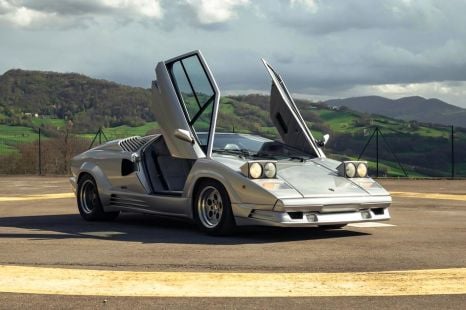

Anthony Crawford
1990 Lamborghini Countach review
5 Days Ago
The new CLE63 will reportedly debut an all-new mild-hybrid V8, and it could also be offered alongside the divisive PHEV powertrain in the C63.

Managing Editor
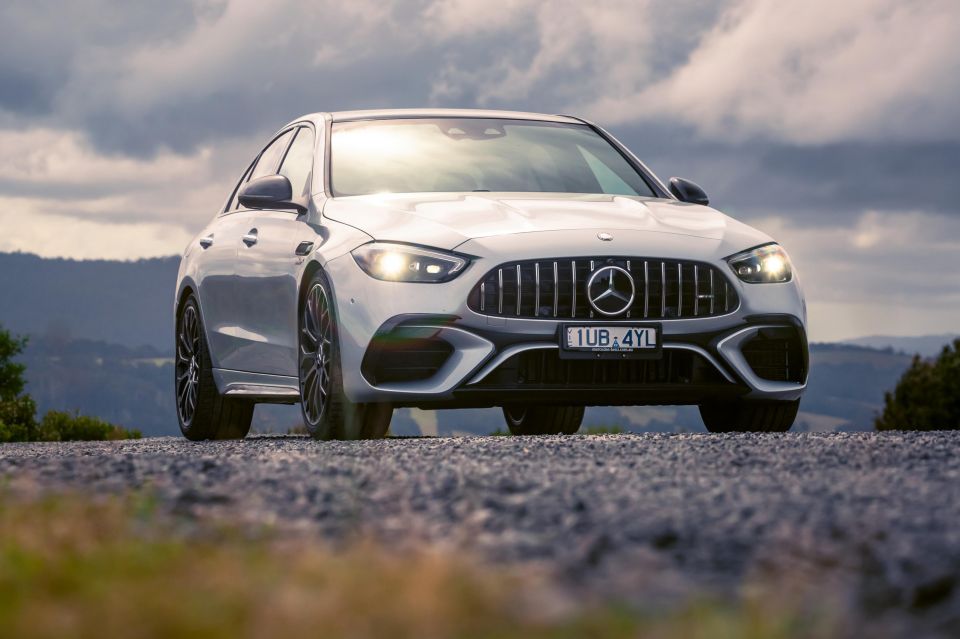

Managing Editor
Mercedes-Benz looks set to backflip on its controversial decision to offer the Mercedes-AMG C63 exclusively with a downsized four-cylinder plug-in hybrid (PHEV) powertrain after all.
Earlier this week the German carmaker said it remained committed to V8 and V12 engines, after confirming it’s developing a “next-generation, high-tech electrified V8”, and now Autocar reports the all-new mild-hybrid petrol V8 will debut in the upcoming CLE63 later this year.
In the report, well-connected Stuttgart-based Australian journalist Greg Kable also cited sources within Mercedes-Benz as confirming that following the CLE63, the new V8 will be rolled out to other models – including a revised C63 due in 2026.
Hundreds of new car deals are available through CarExpert right now. Get the experts on your side and score a great deal. Browse now.
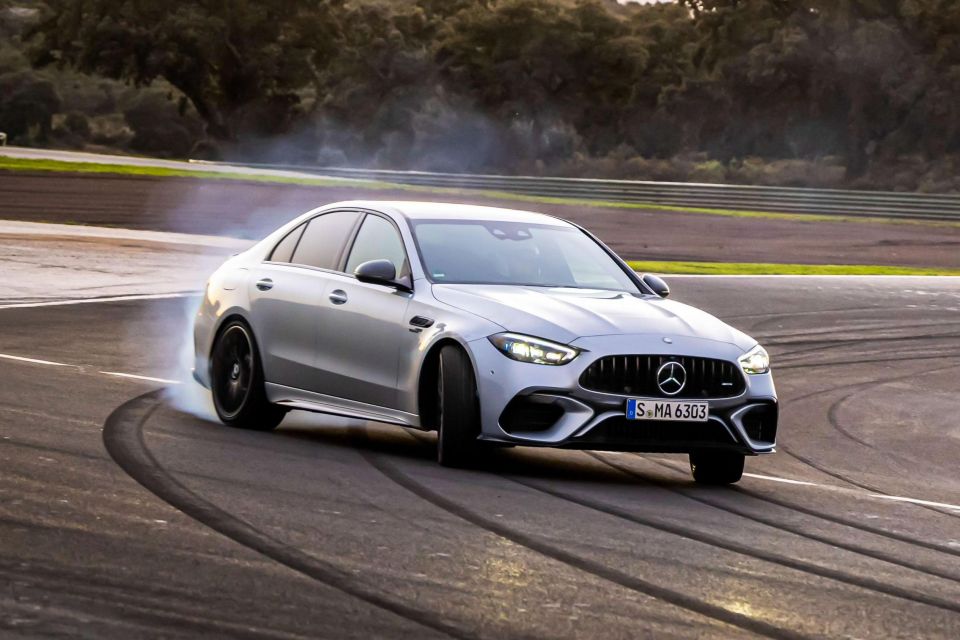
This would mark a major about-face for Mercedes-AMG’s plug-in hybrid push, which started with the C63 but was met with a fierce backlash from fans and customers alike, leading to a large plunge in sales for one of AMG’s best-selling and most iconic models.
Mercedes-AMG recently admitted it lost customers in the C63’s shift to 2.0-litre hybrid power, and now after German sources described as “nonsense” a 2023 US report that claimed AMG would reverse its unsuccessful powertrain downsizing strategy, it seems that’s exactly what will happen.
Mercedes-AMG this week confirmed it will introduce a “heavily refreshed” model lineup from 2026, and the 2025 CLE63’s new mild-hybrid V8 powertrain is expected to be heavily based on its existing twin-turbocharged M177 4.0-litre V8.
The 4.0-litre V8 has powered a range of AMG models and forms the basis of the PHEV systems in the recently launched GT coupe and sedan, but it was dropped in favour of four-cylinder PHEV power in both the C63 and GLC63, while the next-generation E63 was rumoured to be moving to a six-cylinder powertrain.
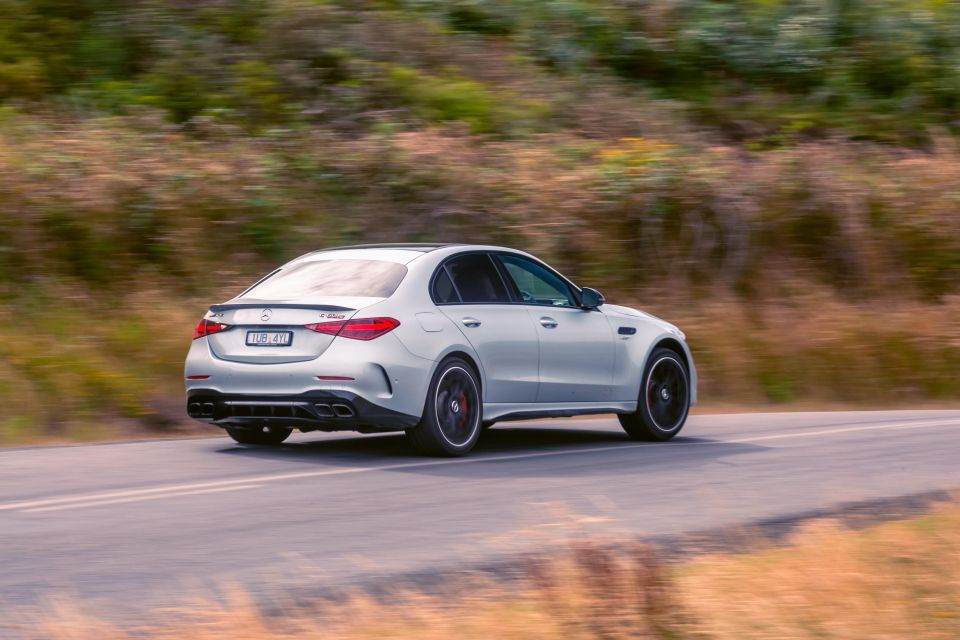
However, according to Autocar, AMG’s new V8 will be fundamentally different to the engine it replaces, by abandoning its traditional cross-plane crankshaft in favour of a flat-plane design.
Flat-plane cranks have been employed by a range of performance cars, including the M178 LS2 engine in AMG’s own GT Black Series in 2021.
Apart from supporting a higher redline and improved throttle response, flat-plane cranks also allow a more compact crankcase design and this will reportedly enable AMG to package the new engine into models not originally engineered for a V8, including the fifth-generation C-Class.
Top-shelf AMG versions of the new V8 will reportedly be equipped with a mild-hybrid system comprising an integrated starter-motor within the transmission, boosting both efficiency and power.
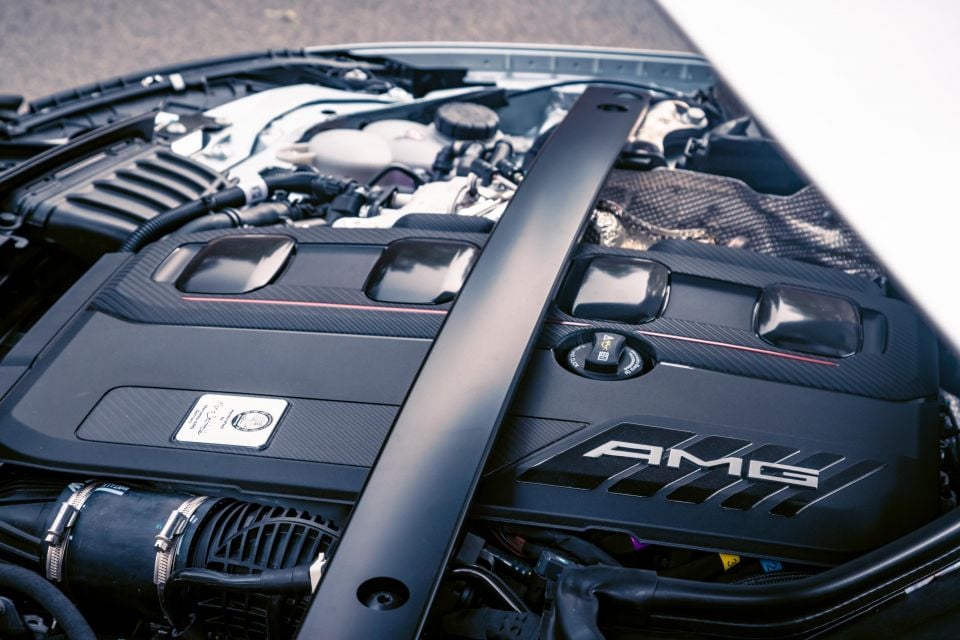
The only downside could be the higher-pitched sound associated with flat-plane crank V8s, which will be a departure from the bellowing exhaust note for which AMG models are famous.
However, it will likely be a vast improvement on the current C63’s 2.0-litre PHEV system, and Autocar says AMG plans to provide its future models with an artificial sound generator to simulate the burbling soundtrack of its most celebrated models.
The new V8 powertrain will likely also be lighter than the C63’s existing PHEV system, which brings total weight to a hefty 2165kg – 400kg more than its predecessor – including 89kg for the 6.1kWh lithium-ion battery pack that powers a rear-mounted electric motor, providing all-wheel drive.
But while the 2026 C63 should be more dynamic, it’s unlikely to out-muscle the current Mercedes-AMG C63 S E Performance, which produces a mammoth 500kW of power and 1020Nm of torque – up from 375kW/750Nm with the previous-generation C63’s twin-turbo V8.
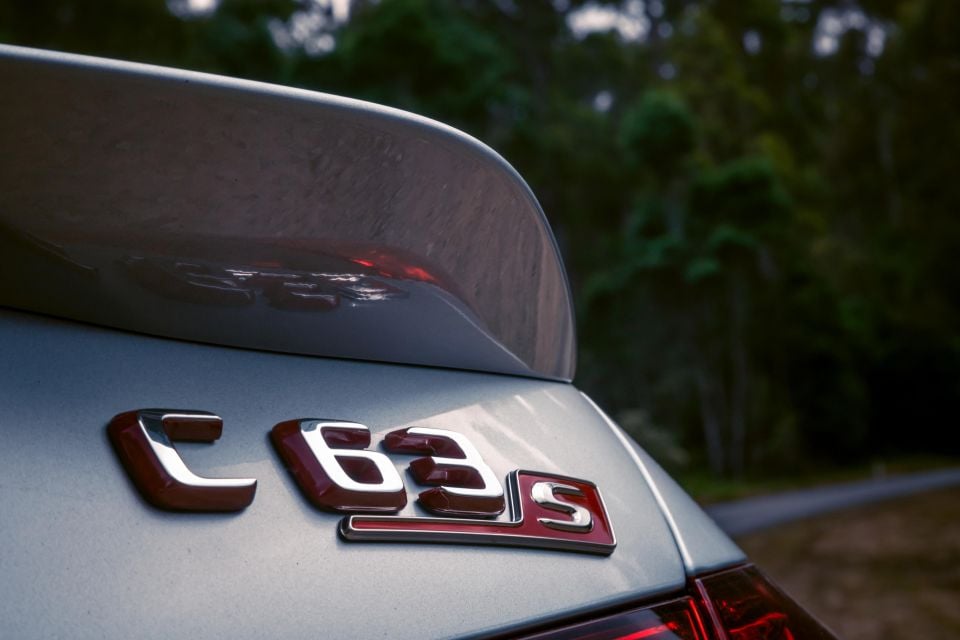
Whether the mild-hybrid V8 becomes available alongside or instead of the four-cylinder PHEV system in the C63 remains to be seen, and how this and similar moves will affect Mercedes-Benz’s electrification targets is also unclear at this stage.
The three-pointed star brand softened its electric vehicle (EV) goals early in 2024, when it said it would delay its target for EVs to account for 50 per cent of its global vehicle sales from 2025 to 2030, and now it includes plug-in hybrids (not mild-hybrids) in that 2030 target.
Mercedes-Benz says it will continue to sell both petrol and diesel-powered vehicles alongside EVs for the foreseeable future, after delaying plans made in 2021 to release only zero-emissions models from 2025 and to become an EV-only brand in “selected markets” by 2030.
Where expert car reviews meet expert car buying – CarExpert gives you trusted advice, personalised service and real savings on your next new car.


Anthony Crawford
5 Days Ago


Matt Campbell
4 Days Ago


James Wong
3 Days Ago


Max Davies
2 Days Ago
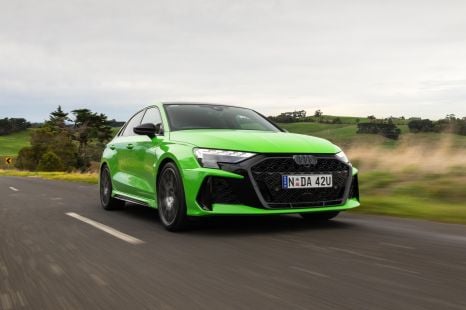

Josh Nevett
21 Hours Ago
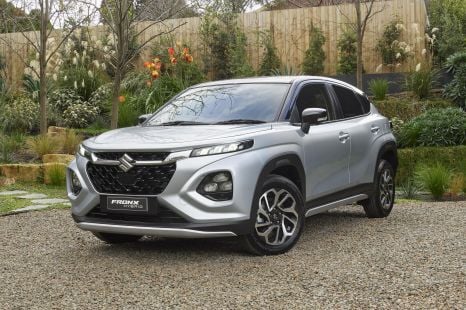

William Stopford
18 Hours Ago